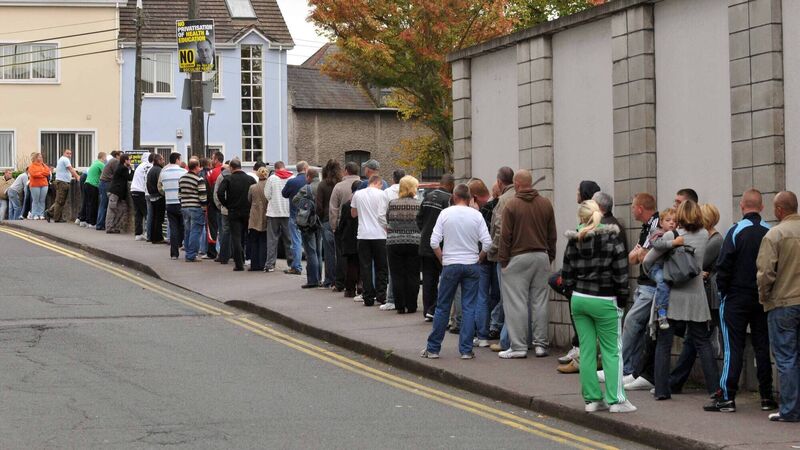No emigration safety valve for pandemic generation, as recovery plan changes welfare payments

Despite a huge welfare bill at present, the government foresee no return to long dole queues after the pandemic, with a plan to have 2.5 million people in work by 2024.
Recession, a housing crisis, young people and vulnerable groups disproportionately affected, people musing about emigrating - haven't we been here before?
Well, yes and no. The launch of the government's Economic Recovery Plan is another document filled with aspirations, some of which was already given an airing in last July's jobs stimulus, and the economic impact of the pandemic may prove to be a different type of journey than the usual, years-long slog from a 'normal' recession. So maybe we will be back to normal soon, and if so, the real question should be: is 'normal' good enough?













